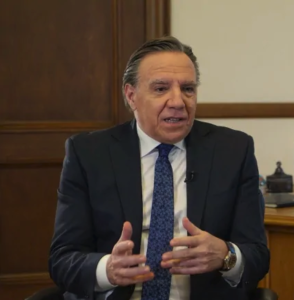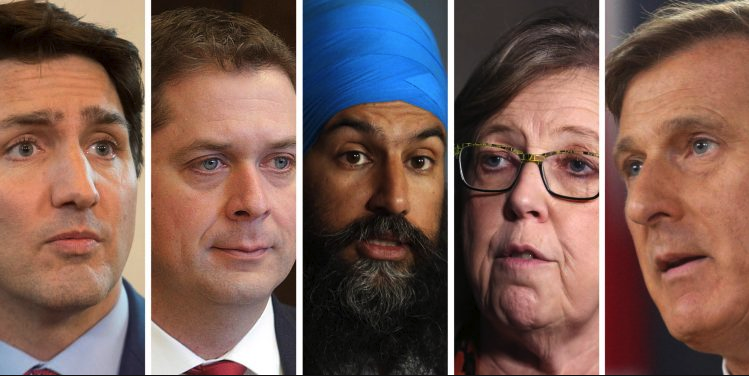
Politicians have chased the medicare merry-go-round for decades. Each party pours on money or passes new legislation.
In 2004, Prime Minster Paul Martin’s Liberal government aimed to fix wait times. So it threw $41.3 billion dollars into a Health Accord.
The Harper Conservatives kept Martin’s Accord. But Harper slowed increases in transfer payments to 3%, after the Accord ran out.
While in opposition, Justin Trudeau railed against Harper’s handling of medicare. But after the election, PM Trudeau’s Liberals decided that Harper’s 3% was wise after all.
For all the bluster, political parties act the same. They either maintain the speed of the merry-go-round, or they give it a push and make it spin faster.
Private Practice, Public Payment
Canadians love free health care and hate the idea of bureaucrats controlling the care we receive. Canadians believe that doctors should provide whatever care we need (private delivery), and the government should pay for it (public payment).
Medicare calls it public payment and private delivery. Patients get free care, and doctors get to provide care based on science, not politics. Doctors and hospitals are privately owned businesses.
Dr. C. David Naylor, historian and health expert, captured the relationship in his book, “Private Practice, Public Payment” (1986). The message was clear: Canada is not socialist. We simply have state insurance, with private delivery, of medically necessary care. The government promises to pay and not meddle.
The trouble is that no one sees it that way anymore. All political parties believe that if the public pays, then it should drive. Government pays, so government should be in control. Continue reading “Are We All Socialist When It Comes to Medicare?”


